Religion in Academia? A Profile of Professor Abdullah Antelpi
May 9, 2022
This is part of a continuing series of interviews with academics from leading U.S universities.
Where does religion lie in contemporary academic and political discourse? How can we engage in productive discussion between religious groups and society as a whole? These are some of the critical questions Professor of Interfaith Relations at Duke University’s Sanford School of Public Policy and Duke’s Divinity School Abdullah Antepli aims to help answer.
Professor Antepli’s journey to religion and academia is unique. It has informed much of his current fascination for religious studies. He grew up in a strongly anti-religious household in Turkey. In a teenage act of rebellion, he found Islam and converted.
Professor Antelpi was intrigued by Islam’s teaching of temperance and the sense of purpose and identity it offered. He found answers to questions we all have: “Who am I?” and “Why am I here?” Finding an explanation for the suffering and misery he endured in his childhood fueled his search for answers. He began exploring faith, spirituality, and ethics.
Now, as a respected professor, first Muslim chaplain at Duke University, co-director of the Muslim Leadership Initiative, and one of the most prominent Muslim leaders in higher education, Professor Antepli advocates for a more reasonable, understanding, and amicable view of religion in public policy. He works to establish a deep understanding with and to create significant impact within communities.
Having moved to the U.S. 20 years ago, Professor Antelpi has grown to love its unique political structure and social fabric, reflecting its multicultural and multireligious identity. “The great American experiment has yielded a society like no other,” he says. But he adds, “there is always more to be done.”
Moving to the U.S. in the wake of 9/11 Islamophobia, Professor Antepli still sees many hurdles to overcome in achieving meaningful discussion and full acceptance of Muslims as part of “We the People.” He reflects this in his two prayers in the House of Representatives, his most recent of which can be read here.
A particularly difficult problem in interfaith relations, with significant implications for the related religious groups in America, is the Israeli-Palestinian conflict. In the U.S., the political polarization of these groups shuts off any possibility for discussion and learning from the differences that make America so beautiful. That’s why Professor Antepli co-founded the Muslim Leadership Initiative, in which Muslim community leaders are invited to understand the Jewish faith through a Zionist lens. This building of understanding and dialogue is absolutely critical in his mind.
But this cultural reshaping does not come without consequences. Professor Antepli has faced serious backlash from peers within his own faculty, as well as credible threats on the lives of his family and himself. He is banned from several oppressive and authoritarian Muslim majority countries because of his views, including his birth country Turkey.
Professor Antepli remarks that much of the resistance he faces in broadening perspectives and granting religious communities the ability to meaningfully spread their faith and ideas, comes from these religious communities themselves. They often separate themselves from secular society, although they have great things to offer.
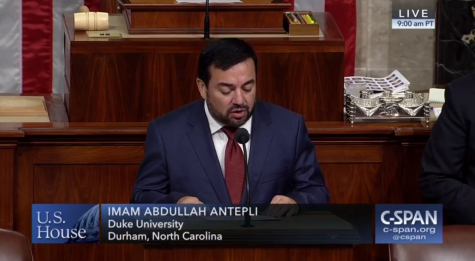
It is difficult to push for change like this. This is part of why many Muslim-majority countries denounce the views of Antepli and others who are in favor of a more progressive Islam. For example, authoritarians like Turkey’s current prime minister Erdogan see Islam as a way of controlling people. But it can be so much more than that. An Islam that empowers women is frightening for the reason that it limits government control on the people. According to Professor Antepli, “[Religion] can be the answer to every question, the reason people wake up in the morning, the reason we have such beautiful societies and cultures.”
Another roadblock against productive religious discussion is American political polarization. Professor Antepli estimates that when 90-95% of people are in the center, democracy thrives. The current climate in America divides people into such clannish groups that real discussion and listening cannot occur at the level it should.
Professor Antepli’s message is one of tolerance and understanding. Especially for young people, we have the unique opportunity to push ourselves to create a wider view of the world. Religion, he feels, is not a barrier to intellectual discussion, but a tool to understand some of the greatest historical and contemporary achievements humanity has ever achieved. It is a system of thought that has much to offer to society, and it can—and should—be included in our political and civil discourse.
Professor Antepli also advises that we do something we legitimately enjoy. He says: “God has given me a life where I landed into a job which I would do for free if I were rich enough. What pays my bills, what professionally sustains me and my family is also music to my ears. It’s synced to my heart, and I’m able to get out of bed early in the morning and go to work with a lit-Christmas-tree attitude.”
If you are interested in learning more, here is a recent paper written by one of Antepli’s students.
And here you can read more about challenges to his work.

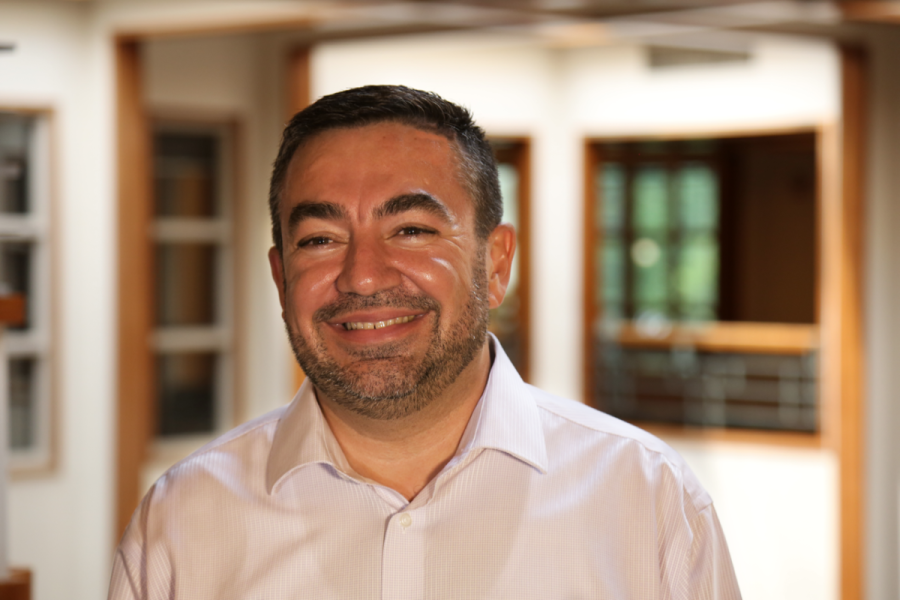
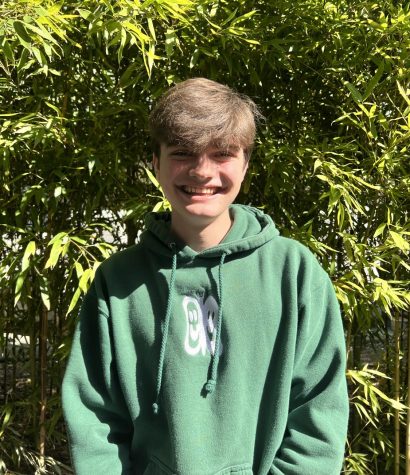


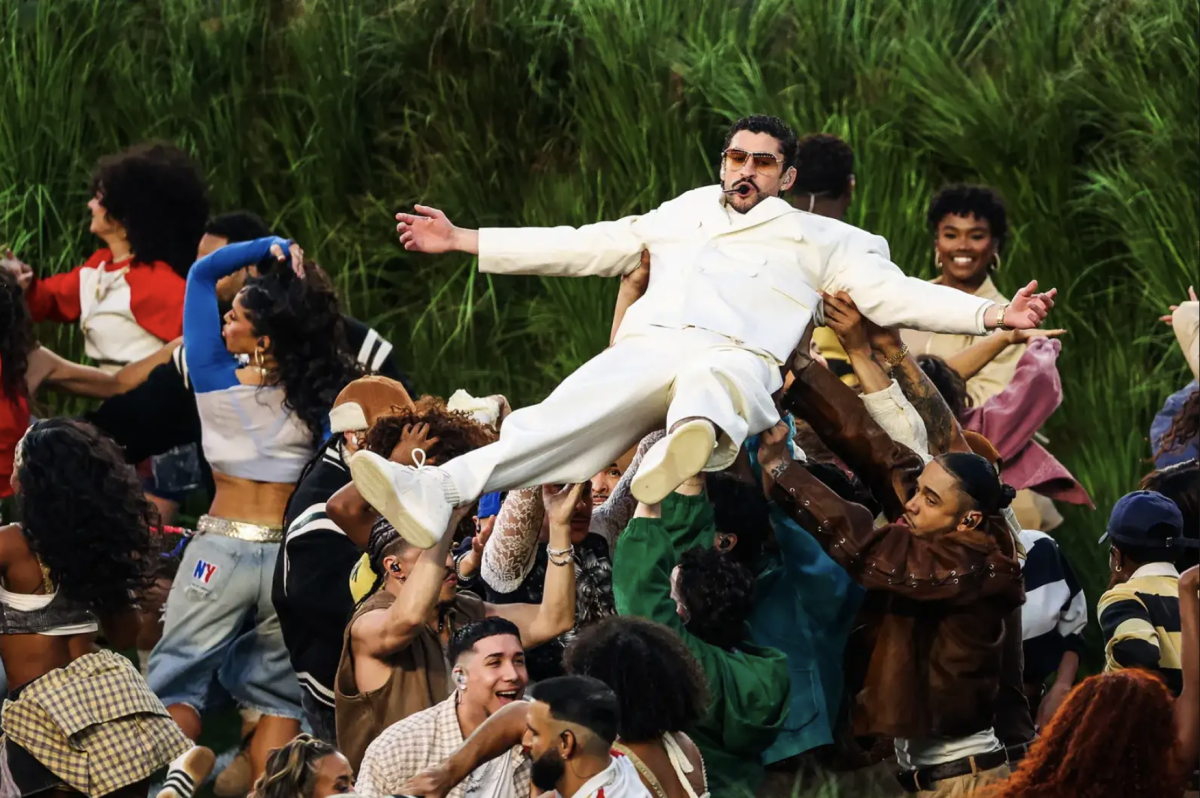
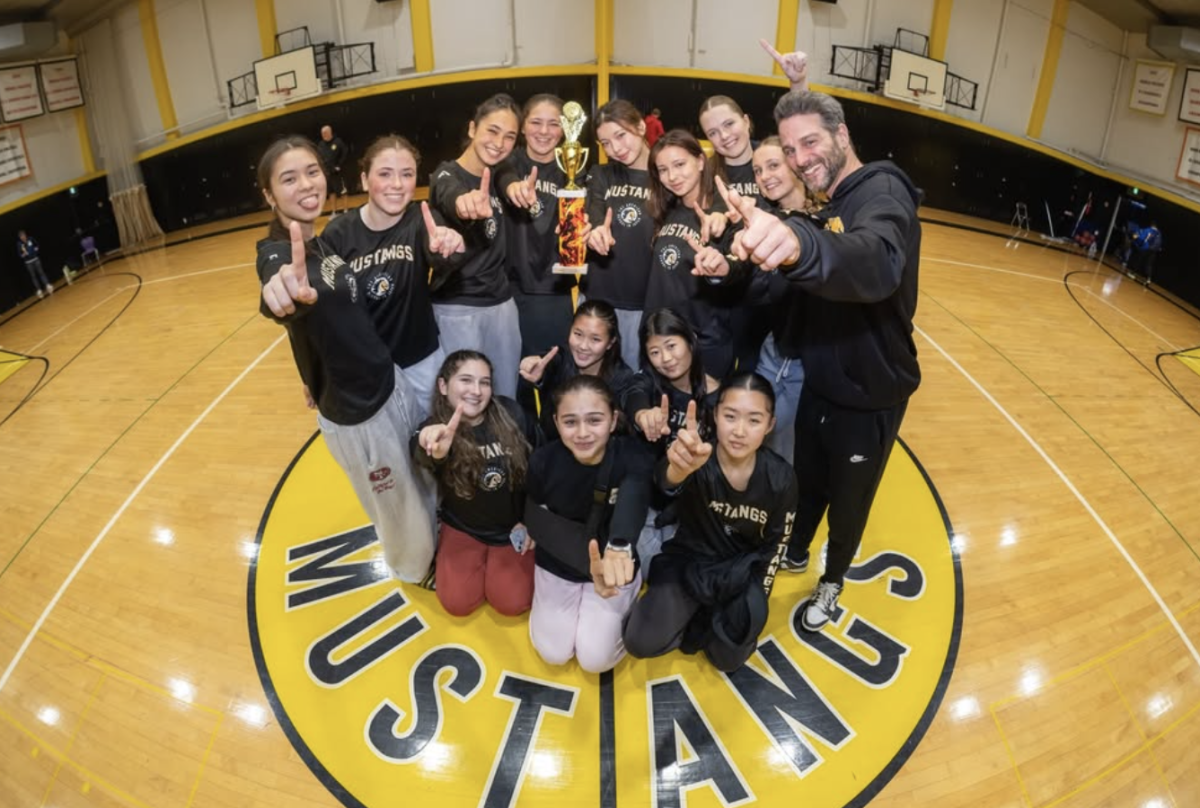

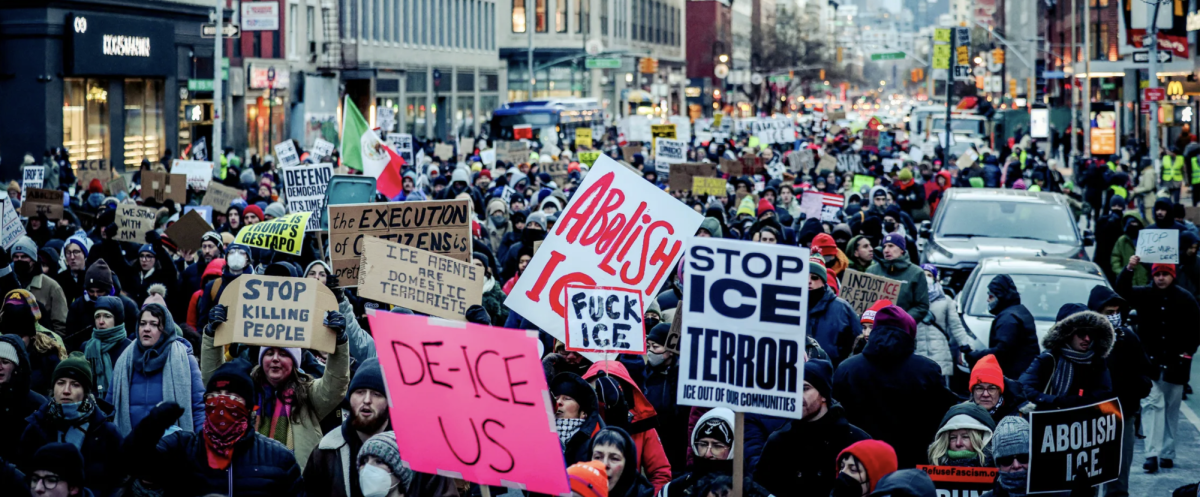



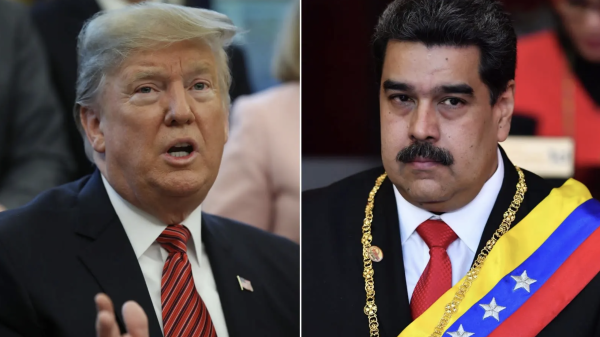

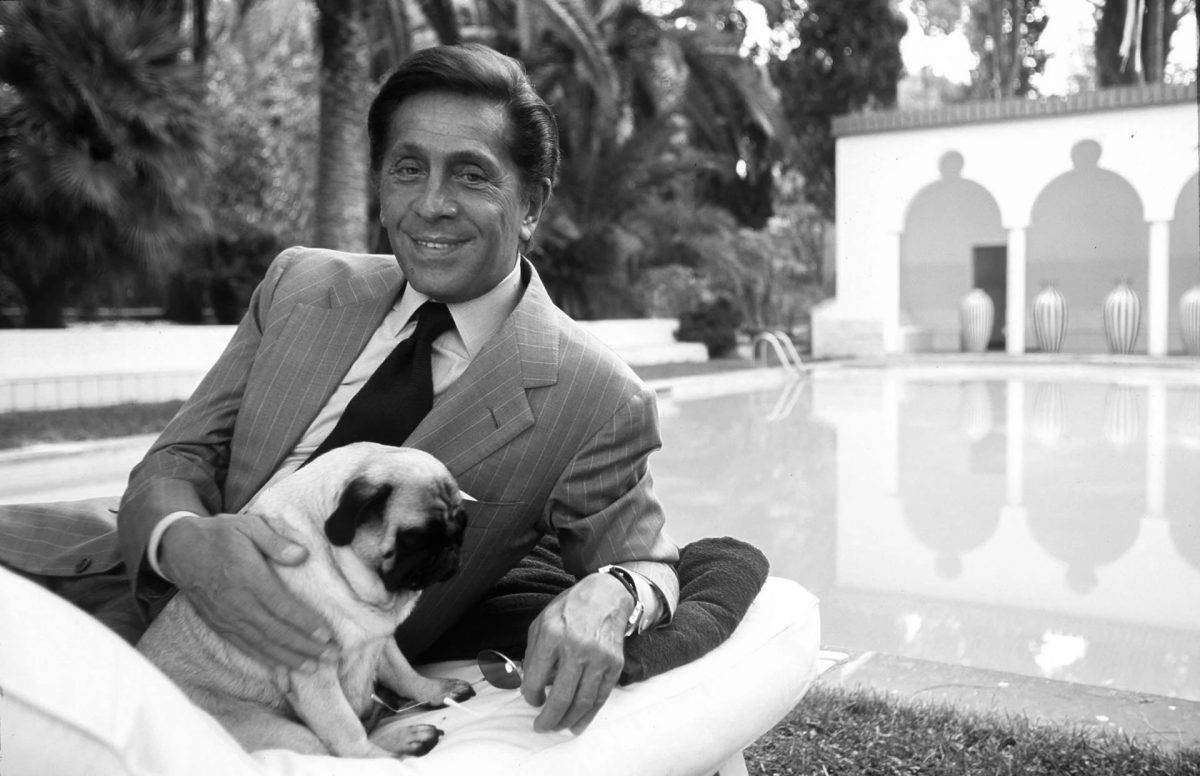






Garry A. Goldstein, MD, MPH • Jun 10, 2022 at 12:43 AM
Very interested in Prof. Antepli’s take on religion and politics and am presently writing a paper on problems religion imposes on achieving political and social understanding.
Garry A. Goldstein, MD, MPH